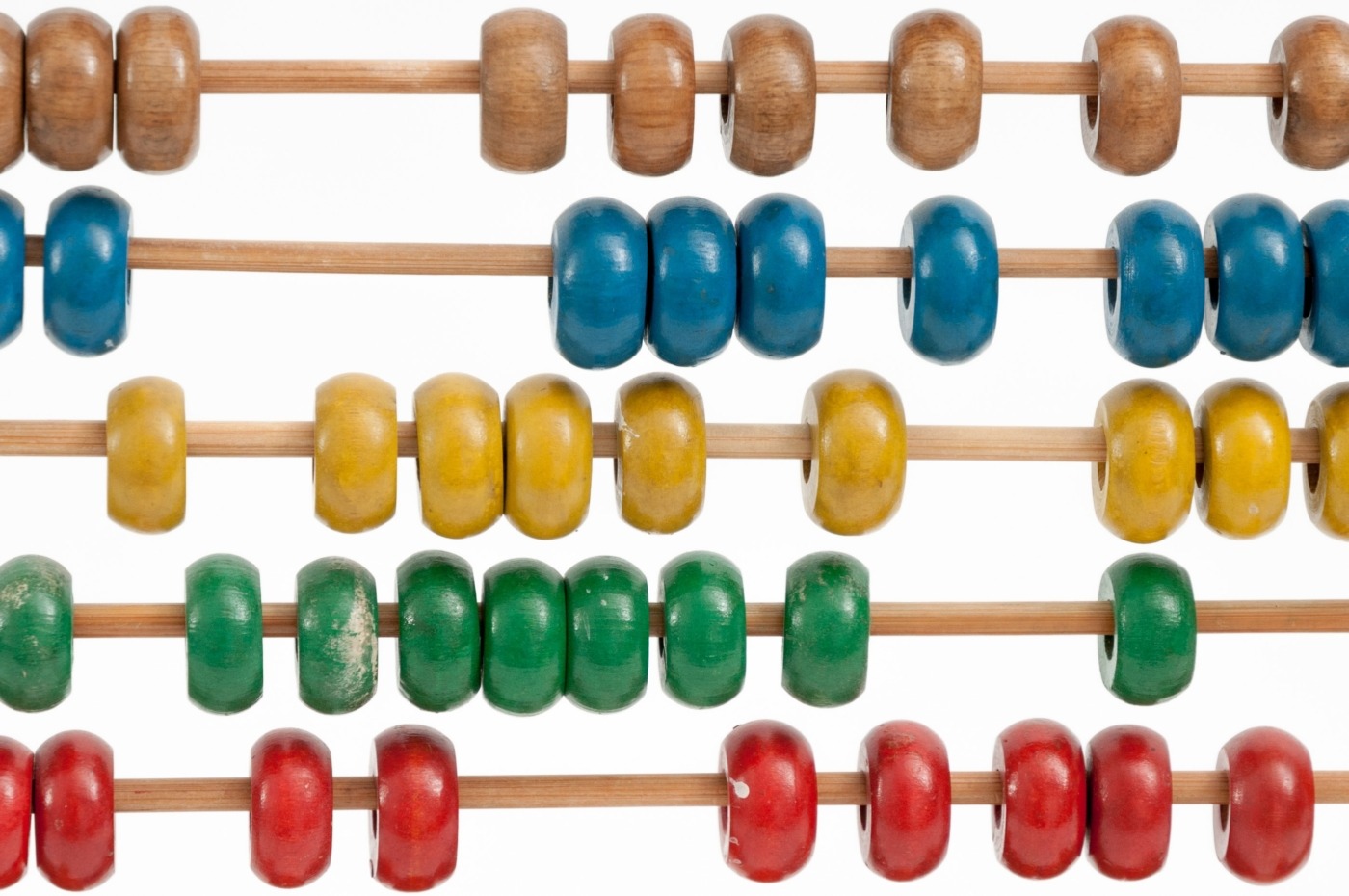Why our brains prefer addition to subtraction
The human race is always looking to improve things and solve problems, and there’s an interesting phenomenon that occurs as we think about these things – we usually look to add. It may be organising another meeting to attempt to resolve an issue, adding more buttons or features to a gadget or, in our student lives, looking to add another paragraph or another reference to an essay. And it appears that we tend towards this approach even if it would make more sense to remove things instead. A new paper published in Nature explores this psychological tendency, with interesting insights about how we may approach problems.
A team at the University of Virginia studied 1,585 people across eight different experiments which could be resolved through either addition or subtraction. The volunteers typically defaulted to addition, and in many cases didn’t even consider subtraction as a viable strategy at all unless they were reminded about it or offered a reward. Leidy Klotz, an engineer and one of the authors of the paper, notes: “The first thing that comes to our minds is, what can we add to make it better? Our paper shows we do this to our detriment, even when the only right answer is to subtract. Even with financial incentive, we still don’t think to take away.”
The researchers found that the preference for adding was particularly noticeable in three specific scenarios: when people were under higher cognitive load, when there was less time to consider the other options, and when the volunteers didn’t get a specific reminder that subtracting was an option. In one test, participants were asked to improve a Lego structure so that it was able to take more weight. Half of the volunteers were reminded that they could subtract, and half weren’t – in the former group, 61% solved the problem by taking a brick away from the structure, while only 41% did the same without reminders.
Additive ideas come to mind quickly and easily, but subtractive ideas require more cognitive effort
Similarly, in another test, people were asked to make a grid of coloured squares on a computer screen symmetrical with as few clicks as possible. At the same time, they were asked to take note of any number ‘5’s that appeared above the grid, a second task designed to add to the cognitive load of the volunteers. Taking away squares was the quickest way to complete the task, but participants were more likely to add new squares with the load added – of the 94 participants who completed this task, 73 added and just 18 subtracted (while three reworked the original number of squares).
The data supports it, but why should our brains prefer addition? The psychologist and co-author Benjamin Converse suggests: “Additive ideas come to mind quickly and easily, but subtractive ideas require more cognitive effort. Because people are often moving fast and working with the first ideas that come to mind, they end up accepting additive solutions without considering subtraction at all.” The researchers also note that our brains may find additive changes easier to process, we may be unconsciously operating on a ‘bigger is better’ wavelength, or we may find addition to be less destructive to the status quo than subtraction.
It may seem like fun, playing with Lego and solving puzzles, but the applications of this research could be significant. Converse suggests that trying to orientate our thinking towards subtraction could help us tackle problems such as cluttered homes, excessive government rules and potentially even pollution – he warns that, because of a cognitive bias, “we’re missing an entire class of solutions”. As the psychologist and co-author Gabriella Adams said: “The more often people rely on additive strategies, the more cognitively accessible they become. Over time, the habit of looking for additive ideas may get stronger and stronger, and in the long run, we end up missing out on many opportunities to improve the world by subtraction.”

Comments